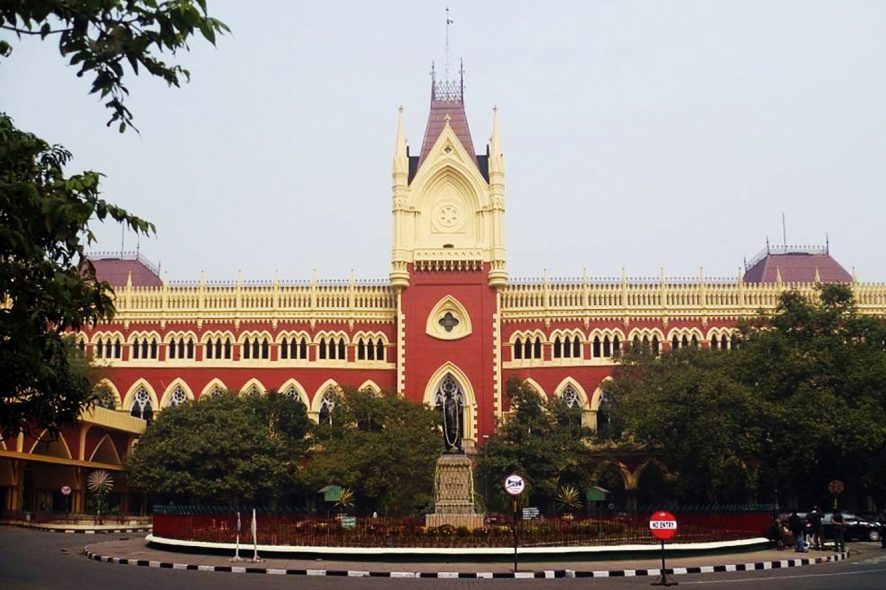“Without adherence to sustainable development, life of future generations will be in jeopardy”
Calcutta High Court: A Division Bench comprising of CJ Jyotirmay Bhattacharya and Arijit Banerjee, J., addressed PILs concerning the felling of trees due to the construction of ‘Railway Over-Bridge’ along with expansion of ‘National Highway 112’.
The present petition was filed against the State to obtain restraining orders against them for felling of trees for the purpose of constructing ROBs and expanding National Highway 112. The contentions submitted by the petitioner was that the required permissions which have been obtained by the respondents were granted to them without the compliance of provisions of law along with no Environment Impact Assessment being carried out.
It has been alleged that the provisions of West Bengal Trees (Protection and Conservation in Non-Forest Areas) Act, 2006 have been flouted too. Further, it was stated large number of Mehogini trees were proposed to be felled, but no permission was obtained for the same. While referring to Sriram Saha v. State of W.B., 1998 SCC OnLine Cal 404, it was observed that the decision called for State legislature to promulgate the 2006 Act. Further, the counsel submitted that the “entire process was carried out in a perfunctory manner” and the requirements of law were given a complete go-bye. Intellectuals Forum, Tirupathi v. State of A.P., (2006) 3 SCC 549, it was cited in regard to “Duty of the State Respondents to protect the environment and the concept of sustainable development”.
The High Court while concluding its decision on intensive consideration of the contentions of the parties along with the facts of the case and primarily focussing on the importance of sustainable development in its true sense stated that to promote and ensure sustainable development is one of the objects of the 2006 Act. Necessary permission has to be obtained from the competent authority and such permission needs to be granted only after proper enquiry. The Court stated that Section 9(2) of the above mentioned Act imposes an obligation on a developer to carry out compensatory plantation within such period as may be specified in the certificate of clearance before the developing project is initiated and in the present matter it has been analyzed through the provisions that State is not a developer within the meaning of Section 9 of the Act.
Therefore, Section 8 of the Act being applied in the matter would require the State to plant two trees for every felled one, for which the State has stated that it would plant 5 for every tree felled. Felling of 356 trees is necessary for implementing important public project of constructing ROBs and simultaneously respondent shall carry compensatory plantation. The Judgment and order have been stayed as it was challenged by the petitioners for a period of 3 weeks. [Assn. for Protection of Democratic Rights v. State of W.B.,2018 SCC OnLine Cal 5898, decided on 31-08-2018]






